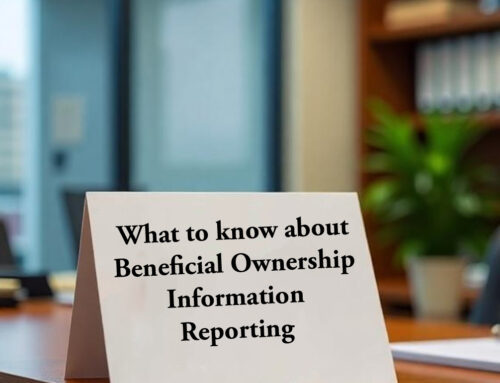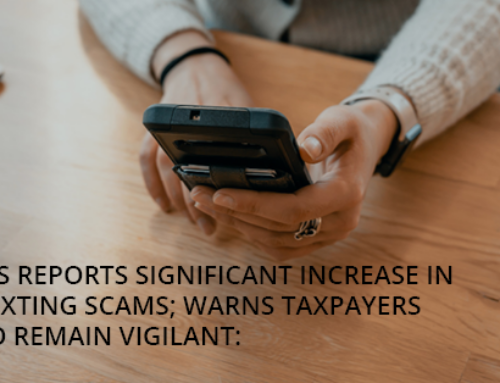Most taxpayers who requested an extension of time to file their 2021 tax return must file by Monday, October 17 to avoid the penalty for filing late. This year, the IRS received about 19 million requests for extensions to file until October 17 and urges people to file electronically.
*A tax extension gives you more time to file, typically until Oct. 15 unless the date falls on a weekend or holiday. Because the 15th is on a Friday this year, the extended deadline falls on Monday, Oct. 17.
Extension filers who owe taxes should pay as much as possible to reduce interest and penalties. Those who have yet to file a 2021 tax return, owe tax, and did not request an extension, can generally avoid additional penalties and interest by filing the return and paying any taxes owed as soon as possible.
Some groups who have additional time to file.
- People who have a extension and are in – or affected by – a federally-declared disaster area may be allowed more time to file
- Special deadline exceptions may apply for certain military service members and eligible support personnel in combat zones. Several resources are available for service members and their families who may be eligible for these exceptions.
What Is the Penalty for Missing a Tax Deadline?
The IRS may charge penalties and interest if you miss the tax deadline, and you can start to incur penalties as soon as the deadline has passed. Generally, if you miss the filing due date or fail to file by the tax extension deadline, the IRS may charge a failure-to-file penalty. The penalty is based on your unpaid taxes, and the IRS charges 5% of your taxes due for every month or partial month your tax return is not filed. However, the maximum amount the IRS can charge you is capped at 25% of any taxes owed.
Let’s say you owe $10,000 in taxes. The IRS will charge you $500 for every month you don’t file your taxes. But the most the agency may charge you is $2,500.
It’s important to know that if you expect a tax refund and have yet to file your tax return, the IRS won’t charge you a penalty for late filing. You won’t lose your refund for filing late as long as you file within three years of the original due date. If you don’t file within three years of the deadline, you can lose your tax refund.
Here are a few resources on IRS.gov to help last-minute filers:
- IRS Free File – Available through October 17, IRS e-file is easy, safe and the most accurate way to file taxes. There are eight Free File products available in English and two in Spanish. Filing electronically can also help taxpayers determine their earned income tax credit, child and dependent care credit, and recovery rebate credit.
- Online Payments – Taxpayers can pay online using IRS Direct Pay at no cost or use a debit card, credit card or Digital Wallet, which may be subject to a payment processing fee.If they’re filing through tax software or a tax preparer, taxpayers can schedule a payment when filing.
If taxpayers have a balance and are unable to pay it now, they should apply for a payment plan. The IRS has more information for taxpayers who can’t afford to pay the taxes they owe.
- Online Account – Individual taxpayers can log into their online account to view key information from their most recent tax return, such as their adjusted gross income and their economic impact payment amounts, which may help in preparing and filing their return. They can also view the amount they owe, payment history including estimated tax payments, their payment plan details and options, digital copies of certain notices, their address on file and authorization requests from tax professionals.






